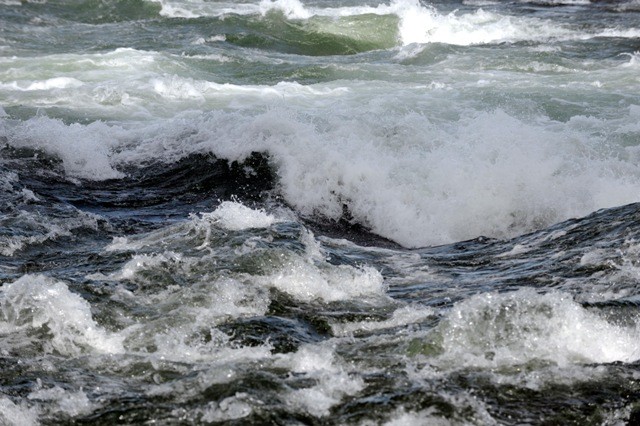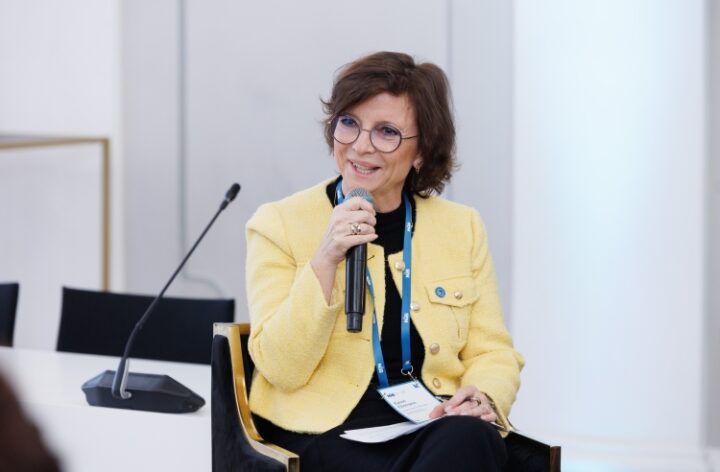President of European Commission: Baltic Sea Region sets example for rest of Europe

|
“Maritime safety is of key importance for the entire Baltic Sea region, and we must engage in closer co-operation to ensure that safety,” Matti Vanhanen, the Prime Minister of Finland, stressed. According to Vanhanen, the Baltic Sea countries lack the capacity to cope with disasters such as the one that currently plagues the Gulf of Mexico. “Most accidents happen due to human error,” Vanhanen explained. “Thus, we need better control and information systems to map out exactly where ships are and where they are headed, just like we have at airports.” |
| Research and innovation Besides cooperation between the Nordic countries and the Baltic States in the context of the European Union and the issue of pollution of the Baltic Sea, politicians and business executives considered the options of enhancing research and development co-operation as well as the more effective involvement of Russia in the activities of the region. “Energy issues are closely related to both economic development and environmental issues, as well as to the region’s political stability,” Helgi Hjörvar, the President of the Nordic Council, said. Mr. Hjörvar also underlined the need to move from words to action in cooperation between the European Union, Russia and the Nordic countries. According to Mr. Hjörvar, closer cooperation should be reflected in the Baltic Sea Strategy, particularly with regard to energy policy, where Russia has an important role to play. Christina Gestrin, representing the Nordic Council, also wished to see combined implementation of the Northern Dimension and the Baltic Sea Strategy. Digital agenda At the Baltic Development Forum, Andrus Ansip, the Prime Minister of Estonia, stressed the importance of creating a common digital market. “The creation of a common digital market to enable the free movement of services provided by both the public and private sectors would contribute to the development of the region,” he said. “It would be advantageous for the region if, for example, a Swedish businessman could electronically set up a company in Latvia, or a Finnish tourist could use the mobile parking service in Tallinn. We could have an electronic procurement system that would be open to all enterprises in the region.” He also emphasised that any obstacles that prevent innovative solutions from being implemented should be overcome as quickly as possible. Within the scope of the Development Forum, the State of the Region Report was released which indicates that the global economy affects the economies of countries bordering the Baltic Sea more than the economies of other EU Member States or of OECD Countries. “I think that the report makes an important point: that the greatest threat is not competition from other parts of the global economy but a lack of will to change things at home,” Halld´or Ásgrímsson, the Secretary-General of the Nordic Council of Ministers, stated. “In times of crisis it is clear that those who have the skills to adjust and adapt are those who cope best.” The preparation of the State of the Region Report was funded by the Nordic Council of Ministers and the Nordic Investment Bank, which also includes the Baltic States. The Baltic Development Forum was established in 1998 at the initiative of Uffe Ellemann-Jensen, a former Danish Minister for Foreign Affairs. The goal of the organisation is to map cooperation related to the development of the Baltic Sea region and to work on outlining the regional strategy in partnership with the European Commission. The primary objective of the organisation is to promote economic growth, integration and competitiveness in the Baltic Sea region and to include participants from various fields in the process. | ||
| related links: | ||


